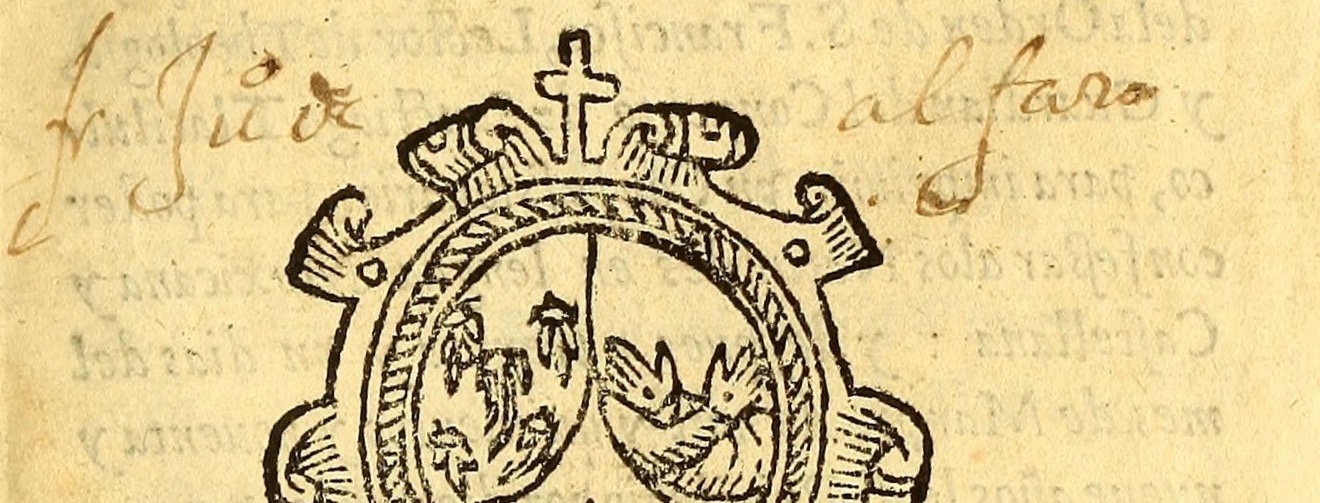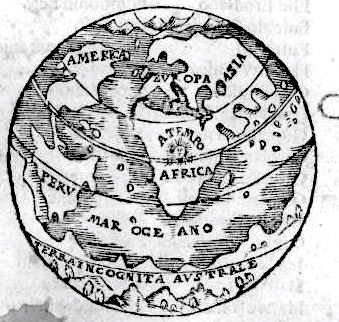Curated by Hannah Alpert-Abrams, Neil Safier & Stijn van Rossem
Under imperial bureaucracies, written records preserve debates about the legal and moral practice of colonial rule, as well as the structures through which colonial rule was imposed and colonial regulations implemented. These practices ranged from religious evangelization to legal proceedings, impacting the daily lives of Indigenous, enslaved, immigrant, and Creole populations across the Americas during the period of European colonization. The three volumes shown here record different aspects of colonial regulatory systems, aimed at different populations in different parts of the Americas and during different time periods. Together, they illustrate the broad reach of regulatory systems in the American colonies.
The earliest book in this collection, the Advertencias para los confessores (Notices for Confessors) is a handbook for Spanish missionaries. Written in Spanish, Latin, and Nahuatl, the volume seeks to navigate the shifting theology of Catholicism across cultures and languages. Bridging the gap between religion and the law, De justitia & contractibus […] libri septem (Seven Books on Justice and Contracts), contains a theological discussion of – and moral justification for – the slave trade. The final document, a set of letters written by the Bishop of Tucumán (Argentina) upon news of the rebellion of Tupac Amaru in Peru, demonstrates not only how Indigenous groups rebelled against colonial rule, but how factions within Spanish America sought to use this information for their own political purposes. Together, these documents show how religious and legal discourses regulated the lives of Black and Indigenous subjects on which the colonies depended.
Religion and Conversion

Juan Bautista, Aduertencias. Para los confessores de los naturales. Tlatelolco: M. Ocharte, 1600.
Letters that Controlled Opinion against Indigenous Rule
Cartas que escribio, con ocasion de la derrota del rebelde Tupac-maro. Buenos Aires: Real Imprenta de los Ninos Expositos, 1781.
Justifying the Slave Trade

Stephanus Fagundez, De justitia, & contractibus, & de acquisitione, & translatione dominii, libri septem. Lyon: Laurent Anisson, 1641.
